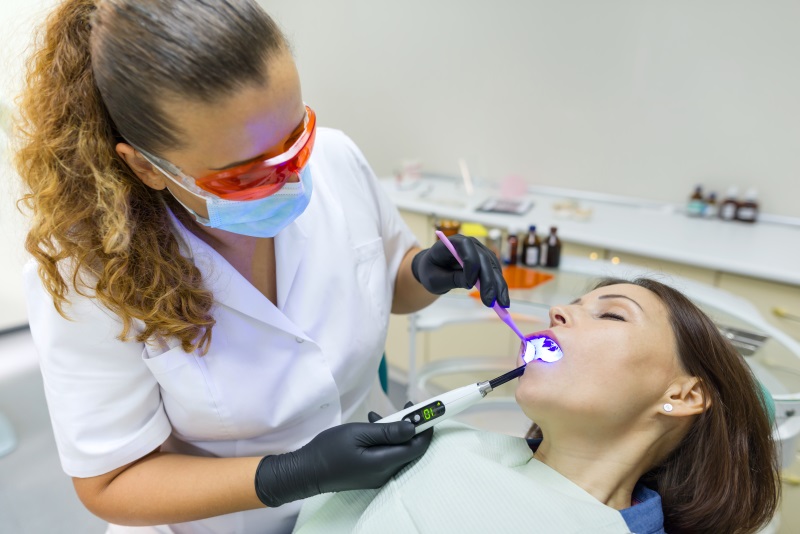If you’re over eighteen years old, you’ve probably gone through the pain of wisdom teeth coming in or getting removed. Not everyone has wisdom teeth, but those who do typically have to get one or more removed.
Why not all four? Statistics show that nine out of ten people have at least one ungerminated wisdom tooth. In most cases, the ungerminated tooth causes pain or infection, which is why dental experts suggest surgical removal of problem wisdom teeth—or of all wisdom teeth before they become a problem.
Dentists, researchers and anthropologists alike have written about the evolution of our mouths, and how our shrinking jaws have led to wisdom teeth needing to be removed. But is that the only factor contributing to some patients’ ungerminated wisdom teeth? Could dental treatments in childhood have an effect on their growth?
When it’s time to have one or more wisdom teeth surgically removed, your dentist will give you anesthesia so that you don’t feel pain. You might have already been familiar with that numbness and tingling from having other dental work done. According to the National Institute of Dental and Craniofacial Research, 92% of adults have had tooth decay at some point in their lives. You can imagine that most of us have therefore experienced anesthesia in order to get this decay treated.
In recent years, study has shown that the use of anesthesia might be one additional factor in increasing numbers of ungerminated wisdom teeth.
Relationship between anesthesia and disrupted wisdom tooth growth
Researchers from the University of Tufts in Boston, MA have found a correlation between local anesthesia given to children between 2 and 4 years old, and the absence of wisdom teeth. The results of this study suggest that giving anesthetic injection to children may cause disruption in the regular development of wisdom teeth.
According to the author of this study, it gives extraordinary food for thought that such a routine measure can lead to developmental disorder in teeth growth. Never before has anesthesia been perceived as potentially harmful, as patients rarely report any side effects following the procedure.
Why would anesthesia affect wisdom teeth, and not other teeth?
Wisdom teeth are more sensitive to external influences because of the manner in which they grow. Contrary to other teeth, their development does not begin in utero, but much later after we’re born. Between years two and four, we begin to develop wisdom teeth deep in the jaw—years before eruption. And, of course, they don’t reach full growth until we are adolescents or young adults.
In the beginning of its development, a wisdom tooth is hypersensitive to injuries because it’s not covered with bone tissue. The wisdom tooth germ is covered only with a thin layer of mucous membrane. When the germ appears, it is as thin as the needle of anesthetic injection—and the soft tissue surrounding it is very close to where anesthetic injections are usually applied.
Implications of these findings
The research shows that individuals who were given anesthesia as children, ages two to four, have four times the likelihood of an ungerminated wisdom tooth than those who did not receive anesthesia. And while this information might be surprising, it’s always at least a generation after a long-standing medical practice has been administered that we fully understand its impact. In the case of local anesthesia, we’ve been using it in dental work for over 100 years.
The most interesting impact this research could have over time would be if it promotes anesthesia as a form of stopping wisdom teeth from growing, bypassing problems and removal altogether.
The post IS ANESTHESIA BAD FOR YOUR WISDOM TEETH? appeared first on Fort Worth Dentist | 7th Street District | H. Peter Ku, D.D.S. PA.

No comments:
Post a Comment